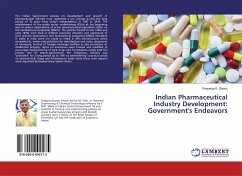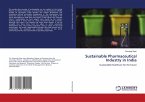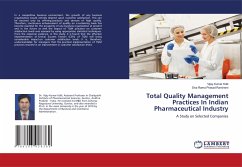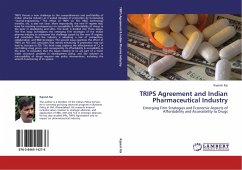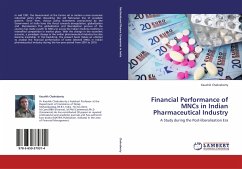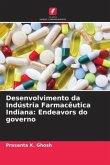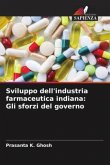The Indian Government policies on development and growth of pharmaceutical industry have registered a sea change during the long period of 72 years from India's independence in 1947 to 2019. The establishment of the public sector undertakings (PSUs) at the beginning was to reduce dependence of active pharmaceutical ingredients (APIs) on the multinational companies (MNCs). The policies framed in late 1960s and early 1970s were built in difficult economic situation and experience of wars and the observations that multinational companies (MNCs) interested in trade in India were not ready to invest in APIs infrastructure unless compelled to. Indian industrial laws for manufacture and trade, abatement of monopoly, control of foreign exchange outflow as also protection of intellectual property rights on inventions were framed and modified to encourage manufacturing of bulk drugs and formulations locally with the primary aim of import-substitution; the indigenous industry was "protected" for a long period up to 1991 by administering "cost-plus" prices on selected bulk drugs and formulations made there from; their imports were regulated by levying heavy import duties.
Bitte wählen Sie Ihr Anliegen aus.
Rechnungen
Retourenschein anfordern
Bestellstatus
Storno

